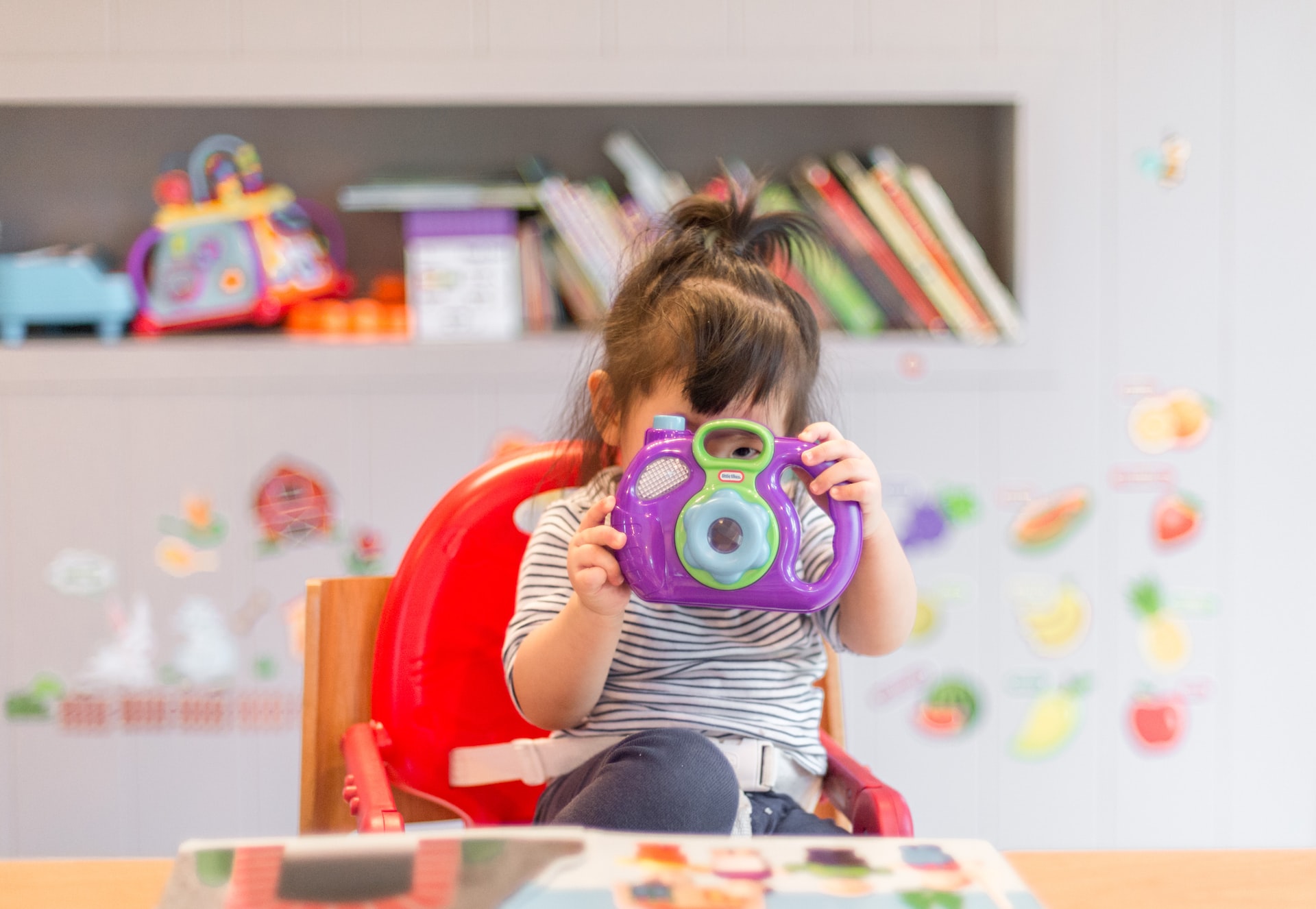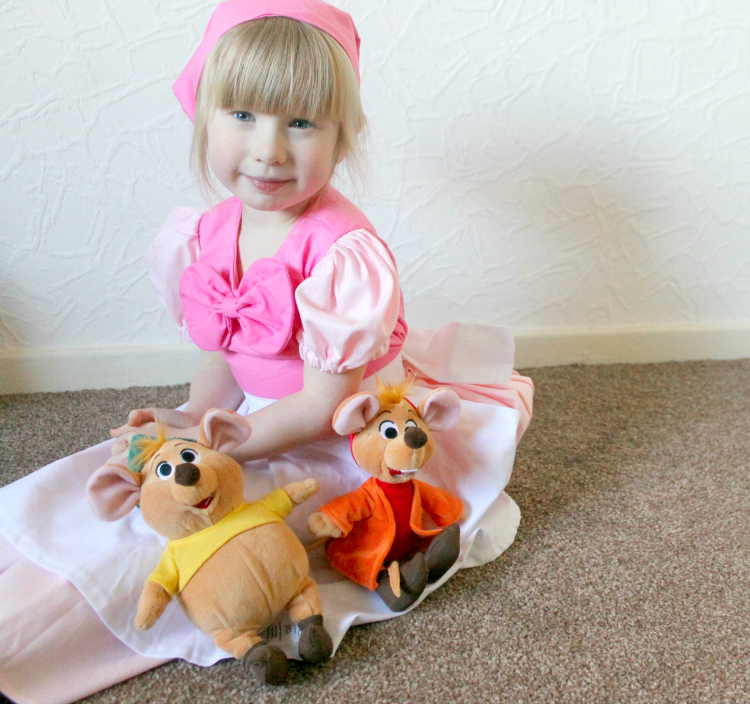
How To Build Self Esteem In Children
Confidence and self-esteem levels can have a huge effect on our lives. It’s important to support these traits in children as they develop. Having good levels of self-esteem can improve academic performance and encourage them to participate in new things and the benefits that bring. It can make children more resilient, and able to learn from their mistakes without dwelling too much. They also fair better in social relationships with their peers.
The lack of self-esteem in children can be down to a number of factors, but there are things you can do to encourage it at home.
How Self-Esteem Manifests In Childhood
Many aspects of child development have been part of the nature vs nurture debate. Are some children more naturally confident than others? While personality plays a part, this particular element is usually a product of the environment and experiences.
From the very earliest days, babies thrive on positive interaction, and feeling safe and loved, This gives them the confidence to try things for themselves, knowing that they can safely return to you. Celebrating achievements, no matter how small, can begin to build the foundations of their future confidence levels.
Typical examples of this include learning a new skill, creating something, singing a song or being kind to others.
Praise Effort Over Talent
Most people are better at some things than others. But by continually praising the result rather than the effort, children tend to only apply themselves to things they know they can do, and shy away from others.
Let’s say that your child picks up reading very easily, but isn’t so great at maths. If you only praise them for their great reading and don’t mention anything about the work they are doing to improve their math, they will stop trying. Instead, acknowledge how hard they are working, not necessarily the end result.
Let Them Achieve Too
While it’s important to praise effort, letting kids do what they are good at can also be great for their own sense of self-confidence. It can benefit other areas of their lives too. If they’re interested in particular activities, find educational travel activities and classes that focus on these.
Don’t Be A Perfectionist
An important part of life is being able to learn from mistakes and move on, rather than dwelling on them. Having high standards for yourself and others isn’t necessarily a bad thing but it can lead to constantly feeling like a failure if you fail to live up to impossible standards.
Letting kids fail can be good for them in the long term. Learning how to accept mistakes and use them to push on is a great lesson in life.
Model Good Behaviour
Though it might not feel like it when they are older, children look to you for the way to do things. Taking time and effort to do everyday tasks well shows children that they need to put the effort in to achieve things. Show them how to take pride in doing a job well, no matter how small or insignificant it might be.
Having a positive attitude is important too. Don’t talk about yourself in a negative way, even if you are being self-deprecating, as most children won’t pick up on this. They will think it is normal to be self-critical, which will erode their own confidence.
If you’re not a confident person yourself, you may find this difficult to do, but the effort is worth it and will also boost your self-esteem too.
Don’t Criticize
A comment said in the heat of the moment can have a lifelong effect on a child. Try not to criticize them harshly. That’s not to say that you don’t have to tackle bad behaviour, but by focussing on educating them about what they’ve done and how they should behave next time, you can avoid criticism. For example, say that they haven’t put away their toys or clean up after themselves. Rather than saying that they’ve been bad or lazy, tell them why it’s important that they tidy up after themselves and what the consequences will be if they do not.
Key Takeaways
Developing and building confidence in your kids is an ongoing process. As parents, we worry about how our actions affect them. When it comes to self-esteem, the process starts early, and you need to know when to be supportive and when to let them figure things out on their own. You probably won’t get it right every time, but knowing how what you do affects them, you’re more likely to act in a way that builds them up.




